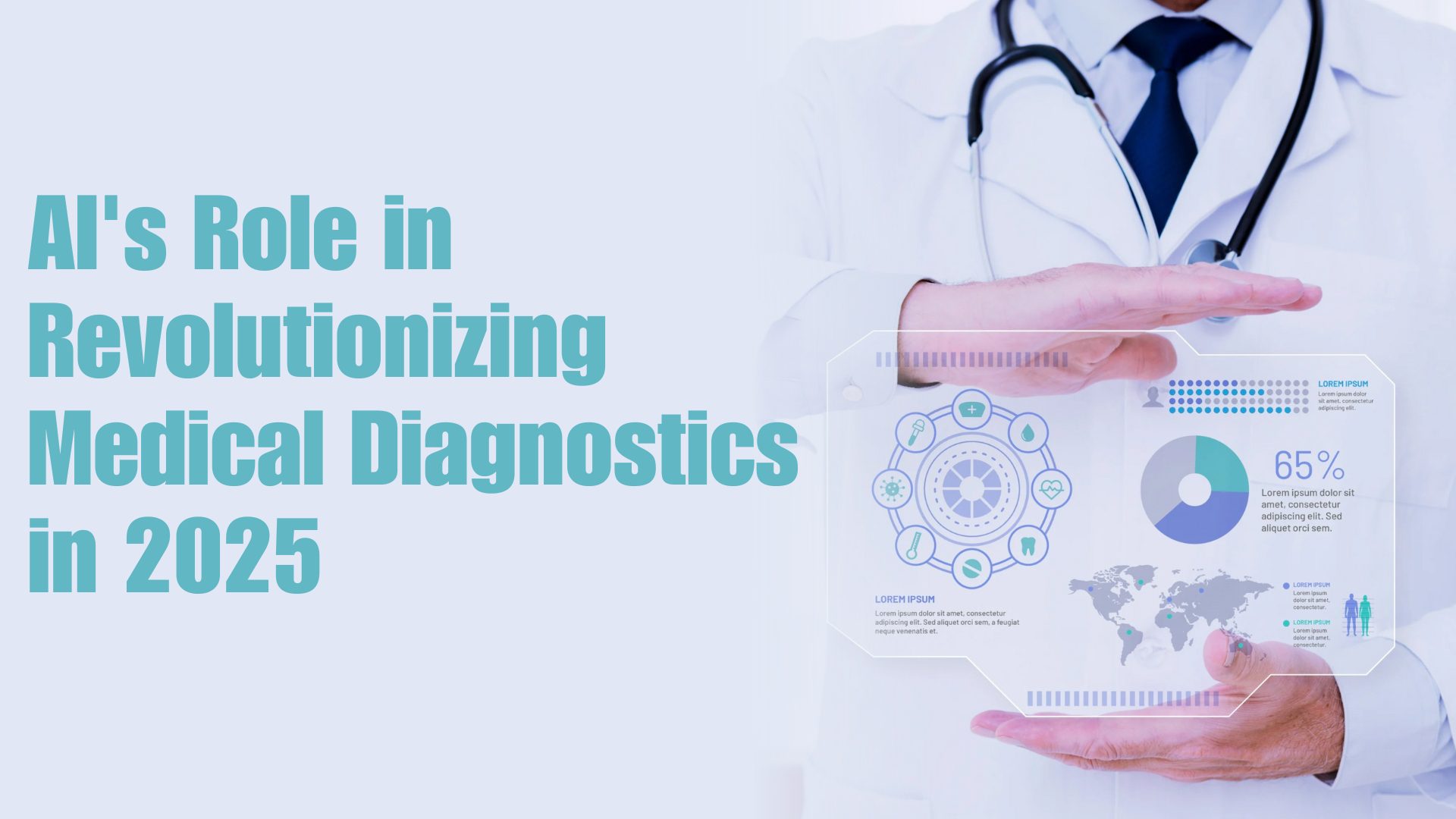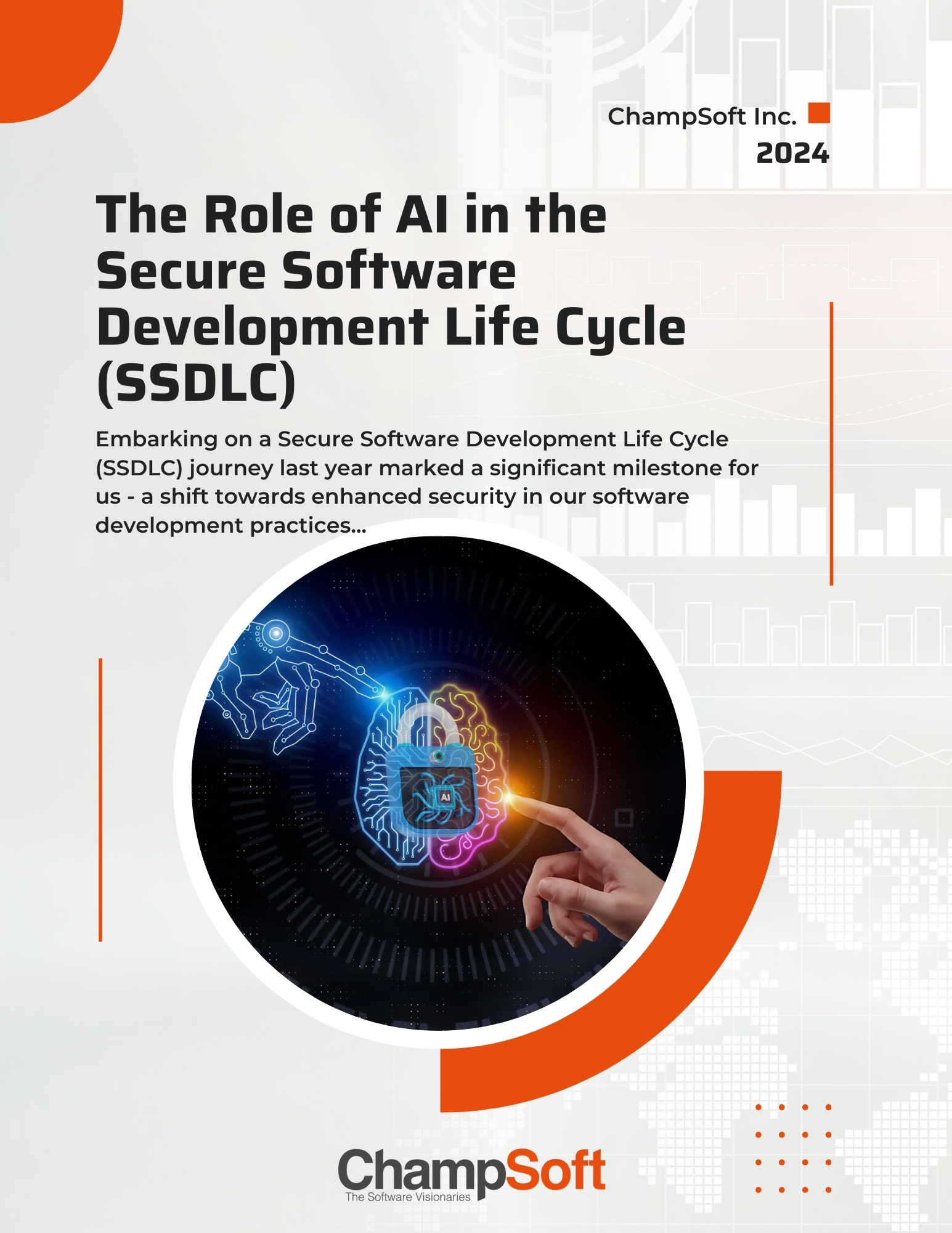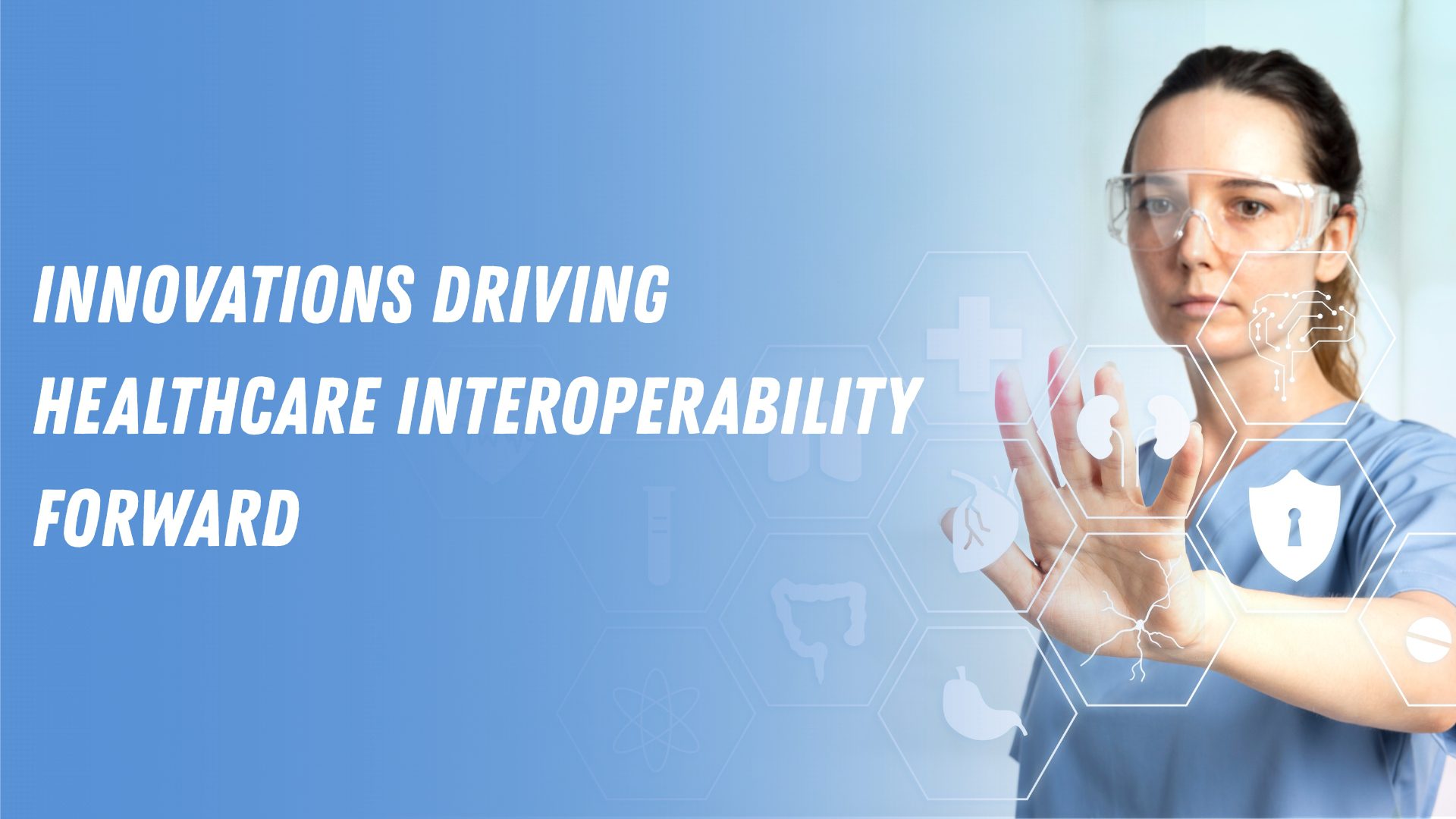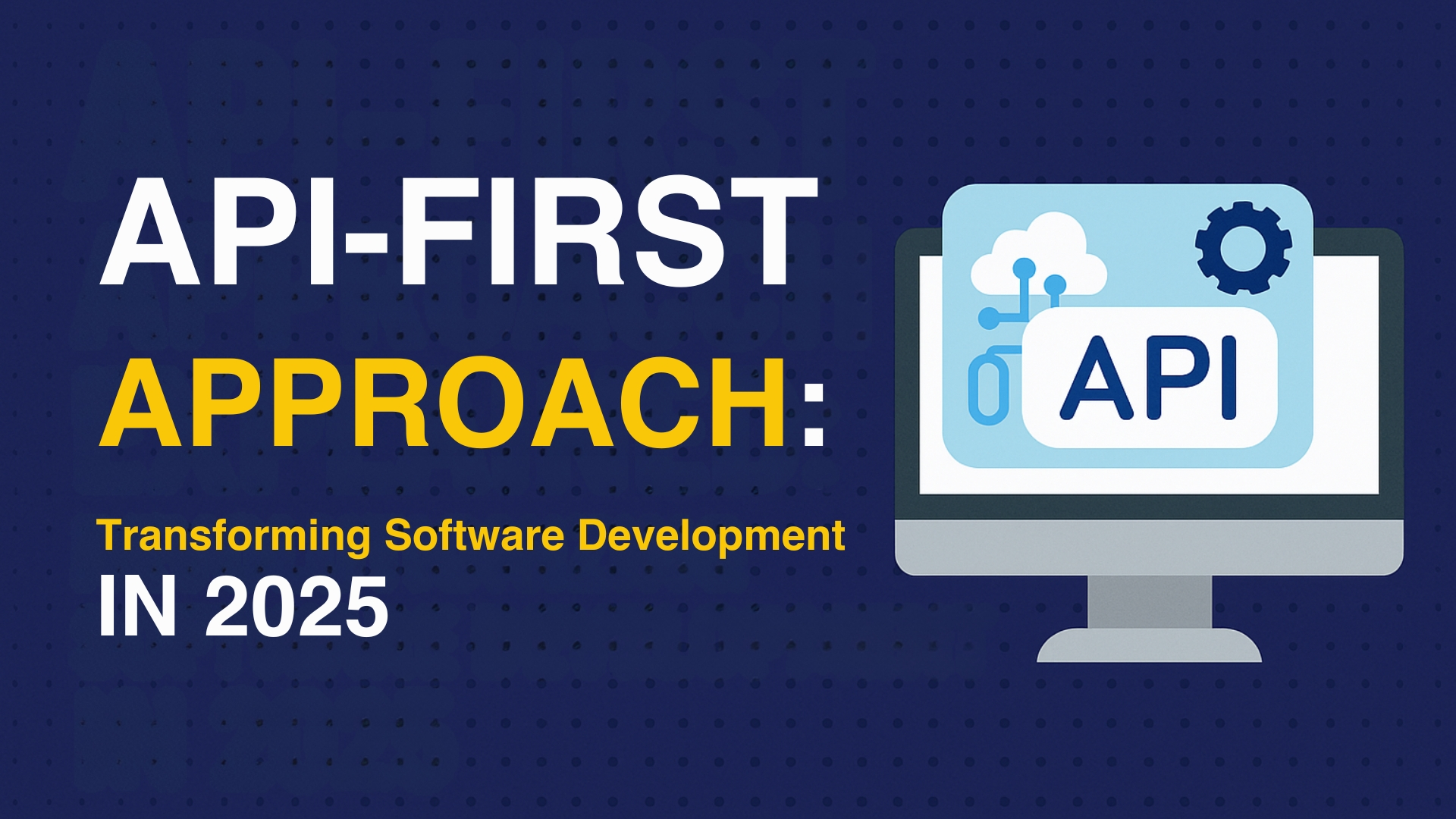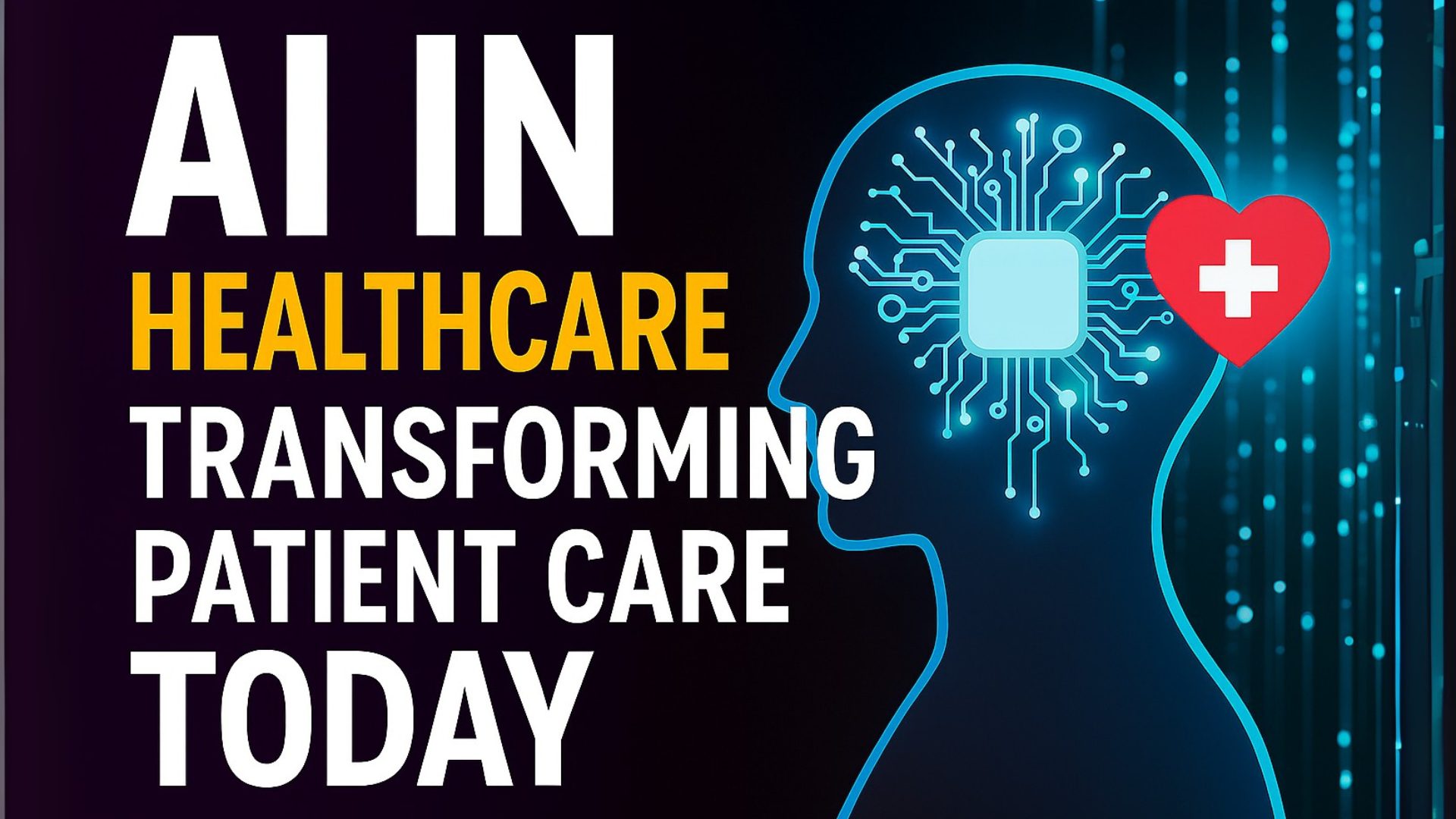Artificial Intelligence (AI) is rapidly transforming healthcare, particularly in medical diagnostics. Its ability to analyze large datasets quickly and accurately is reshaping disease detection, patient care, and treatment planning. By integrating AI into healthcare systems, providers can improve diagnostic precision, reduce errors, and offer faster care to patients.
Custom healthcare software development is essential for enabling AI to work seamlessly within existing medical infrastructures. Tailored solutions ensure AI tools meet the specific needs of hospitals, clinics, and patients. However, as with any technology, AI implementation comes with ethical, privacy, and logistical challenges.
This article explores how AI is transforming diagnostics, the role of custom healthcare software solutions, key applications, mobile healthcare integration, benefits and limitations, ethical considerations, and future prospects.
The Rise of AI in Healthcare: How and Why It’s Gaining Momentum
AI is not a new concept, but its application in healthcare represents a major shift. Recent advancements in AI technology are enabling hospitals and clinics to deliver more precise, efficient, and personalized care.
Key Drivers Behind AI Adoption in Healthcare
- Enhanced processing power and storage: AI can handle complex medical datasets at unprecedented speeds.
- Growing acceptance among medical professionals: Clinicians increasingly trust AI tools for diagnostic assistance.
- Investment in AI research and healthcare innovation: Funding for AI healthcare solutions has surged, accelerating development.
AI complements human expertise by identifying patterns that might otherwise go unnoticed. From predicting patient outcomes to refining treatment plans, AI is not just supporting healthcare it’s revolutionizing it.
How AI is Transforming Medical Diagnostics
AI dramatically improves diagnostic speed and accuracy compared to traditional methods. Conventional diagnostics can be slow and prone to human error, but AI streamlines these processes.
Key Diagnostic Capabilities of AI
- Medical image interpretation: AI algorithms can analyze X-rays, MRIs, and CT scans faster than human experts, detecting anomalies early.
- Predictive insights: Historical patient data helps AI forecast potential health risks, enabling preventative care.
- Automation of routine tasks: Data entry, preliminary diagnoses, and monitoring can be automated, freeing clinicians to focus on patient care.
Examples of AI in Diagnostics
- AI-driven image analysis for tumor detection.
- Predictive analytics for chronic disease management.
- Real-time monitoring through wearable devices.
While AI enhances efficiency and precision, developers and healthcare professionals must prioritize ethical implementation, including patient data privacy.
Custom Healthcare Software Development: Enabling Effective AI Integration
Custom healthcare solutions are critical for maximizing AI’s potential in diagnostics. Off-the-shelf software may not meet the unique workflows or regulatory requirements of healthcare facilities.
Benefits of Custom Healthcare Software Development
- Personalized user interfaces: Streamlined for medical staff to ensure ease of use.
- Integration with EHRs: Ensures seamless access to patient records.
- Scalable architecture: Supports future AI advancements and additional functionalities.
Collaborating with healthcare providers during software development ensures solutions address real-world clinical challenges. Tailored applications simplify administrative tasks and improve diagnostic outcomes, making AI tools practical and effective across diverse medical environments.
Key AI Healthcare Solutions in Diagnostics
AI healthcare solutions are transforming how diseases are detected and treated. From radiology to predictive analytics, AI provides actionable insights that improve patient care.
Top AI Healthcare Applications
- Automated image analysis: Improves speed and accuracy in radiology.
- Predictive analytics: Supports personalized treatment plans.
- Decision support systems: Guides clinical care with evidence-based recommendations.
These solutions are no longer futuristic they are actively assisting clinicians in triaging patients, identifying disease severity, and making informed treatment decisions.
Mobile Healthcare Applications and Conversational AI
Mobile healthcare applications, combined with conversational AI in healthcare, are enhancing patient engagement and accessibility. Patients can track health metrics, receive alerts, and communicate with providers through AI-driven platforms.
Benefits of AI-Powered Mobile Healthcare Applications
- Real-time patient monitoring.
- Instant health alerts and feedback.
- Enhanced engagement through chatbots and virtual assistants.
By integrating AI into mobile platforms, healthcare becomes more patient-centered. These applications foster collaboration, provide timely interventions, and strengthen the patient-provider relationship.
Pros and Cons of AI in Healthcare
Pros
- Improved diagnostic accuracy.
- Enhanced patient engagement.
- Reduced healthcare costs through efficiency and error minimization.
Cons
- Data privacy concerns.
- High initial investment costs.
- Dependence on technology.
Despite challenges, AI’s potential in healthcare is vast. Balancing benefits with ethical and logistical considerations ensures AI becomes a transformative tool for patient care.
Challenges and Ethical Considerations in AI Healthcare
AI adoption faces technical and ethical hurdles. High-quality, large datasets are needed for accurate AI predictions, and bias in algorithms can negatively affect outcomes.
Key Ethical Considerations
- Algorithmic bias and fairness.
- Transparency in AI decision-making processes.
- Patient data privacy and regulatory compliance (HIPAA, GDPR).
Careful planning and collaboration between technology experts and medical professionals are essential to address these issues responsibly.
The Future of AI in Medicine and Diagnostics
The future of AI in medicine is promising, with innovations continuing to enhance diagnostics and patient care.
Emerging Applications
- Expansive genomics research for personalized medicine.
- Advanced telemedicine diagnostics for remote care.
- Refined predictive analytics for tailored treatment plans.
Interdisciplinary collaboration will be key to overcoming barriers, enabling AI to unlock its full potential in healthcare. These advancements will likely improve outcomes and make healthcare more accessible and precise.
Conclusion: Embracing the AI Revolution in Healthcare
AI is transforming medical diagnostics, improving patient outcomes, and streamlining healthcare operations. By integrating custom healthcare software development and AI-driven solutions, providers can deliver more precise, efficient, and patient-centered care.
Addressing challenges such as ethical concerns and data privacy is critical for safe and effective implementation. Collaborative efforts between healthcare professionals and technology developers will ensure AI reaches its full potential, ushering in a new era of medical diagnostics and personalized medicine.
FAQ’s
What is the role of AI in medical diagnostics?
AI improves diagnostic speed and accuracy by analyzing medical images, predicting disease risks, and automating routine tasks.
Why is custom healthcare software development important for AI integration?
Tailored software ensures AI tools fit seamlessly into existing systems, improving usability, efficiency, and diagnostic outcomes.
What are the pros and cons of AI in healthcare?
Pros include improved accuracy, patient engagement, and cost reduction. Cons involve data privacy concerns, high investment costs, and dependency on technology.
How are mobile healthcare applications leveraging AI?
AI-powered apps enable real-time monitoring, instant alerts, and patient-provider communication via conversational AI, enhancing engagement and care quality.

